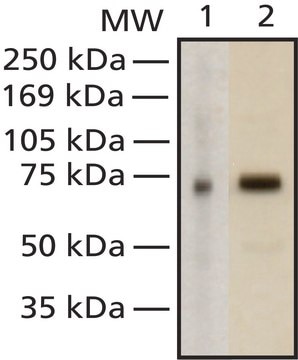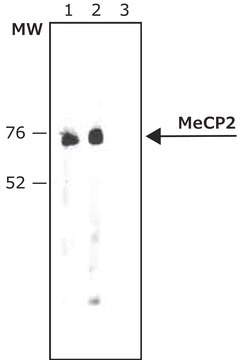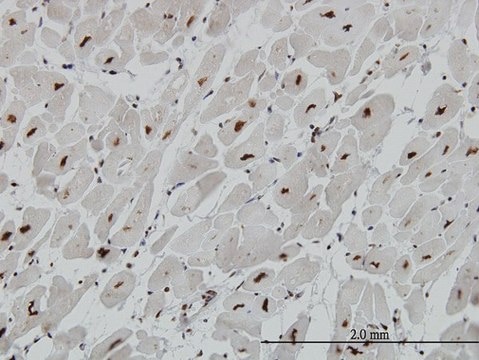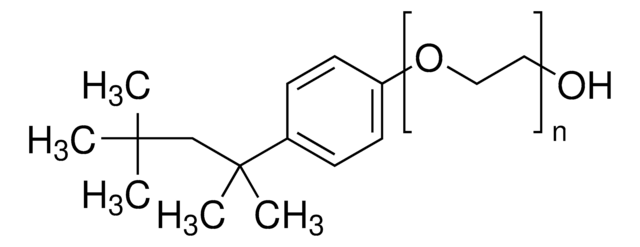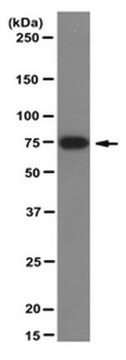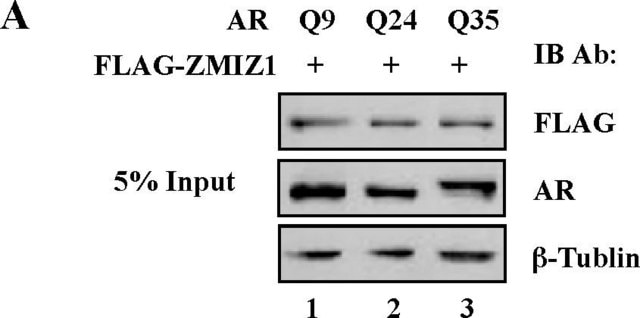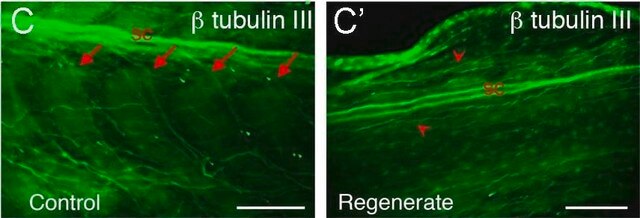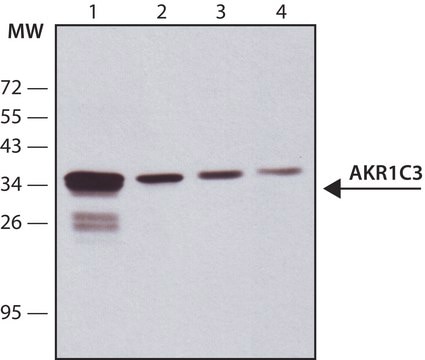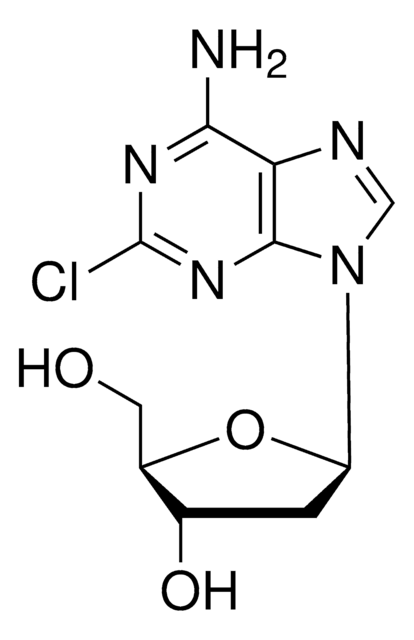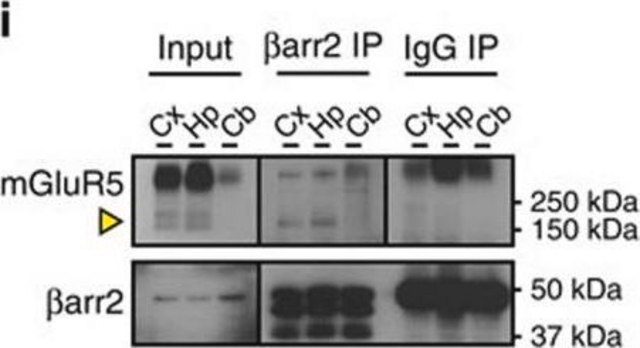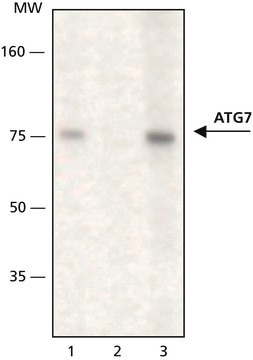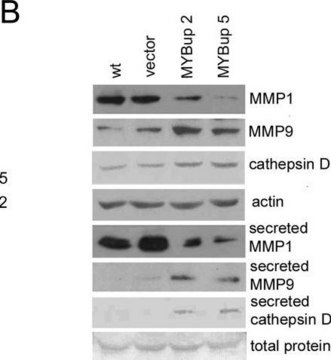M7443
Anti-MeCP2 antibody, Mouse monoclonal
clone Men-8, purified from hybridoma cell culture
Synonym(s):
Anti-AUTSX3, Anti-MRX16, Anti-MRX79, Anti-MRXS13, Anti-MRXSL, Anti-PPMX, Anti-RS, Anti-RTS, Anti-RTT
About This Item
Recommended Products
biological source
mouse
Quality Level
conjugate
unconjugated
antibody form
purified from hybridoma cell culture
antibody product type
primary antibodies
clone
Men-8, monoclonal
form
buffered aqueous solution
mol wt
antigen ~75 kDa
species reactivity
mouse, human, rat, monkey
packaging
antibody small pack of 25 μL
technique(s)
immunocytochemistry: suitable
indirect ELISA: suitable
microarray: suitable
western blot: 1-2 μg/test using nuclear extract of cultured human acute T cell leukemia Jurkat cells or MCF7 cells
isotype
IgG1
UniProt accession no.
shipped in
dry ice
storage temp.
−20°C
target post-translational modification
unmodified
Gene Information
human ... MECP2(4204)
mouse ... Mecp2(17257)
rat ... Mecp2(29386)
Related Categories
General description
Immunogen
Application
- in western blotting
- in immunoblotting
- in flow cytometry
- in immunohistofluorescence
- in immunocytochemistry
Biochem/physiol Actions
Physical form
Disclaimer
Not finding the right product?
Try our Product Selector Tool.
recommended
wgk_germany
nwg
flash_point_f
Not applicable
flash_point_c
Not applicable
Certificates of Analysis (COA)
Search for Certificates of Analysis (COA) by entering the products Lot/Batch Number. Lot and Batch Numbers can be found on a product’s label following the words ‘Lot’ or ‘Batch’.
Already Own This Product?
Find documentation for the products that you have recently purchased in the Document Library.
Customers Also Viewed
Our team of scientists has experience in all areas of research including Life Science, Material Science, Chemical Synthesis, Chromatography, Analytical and many others.
Contact Technical Service